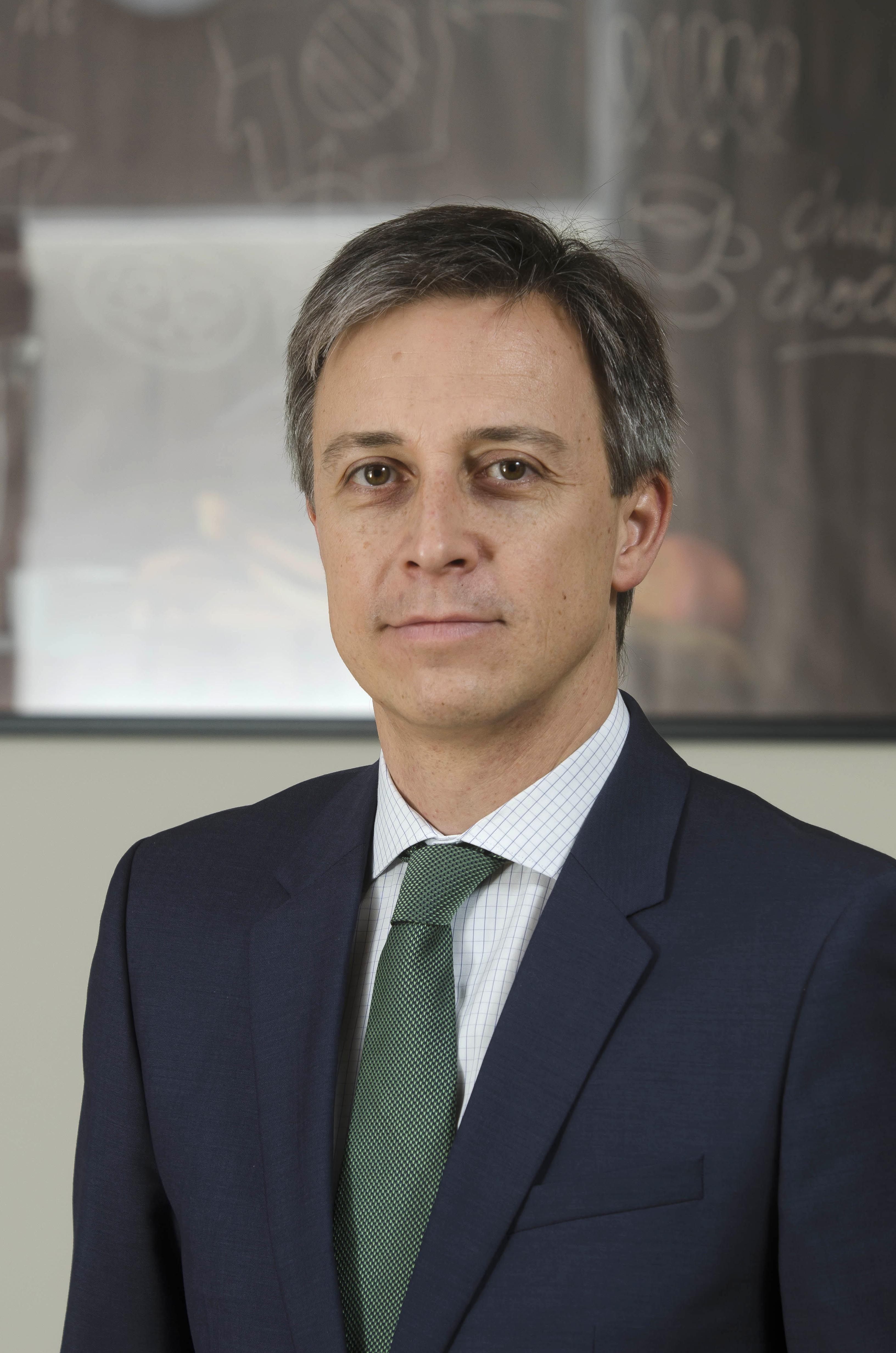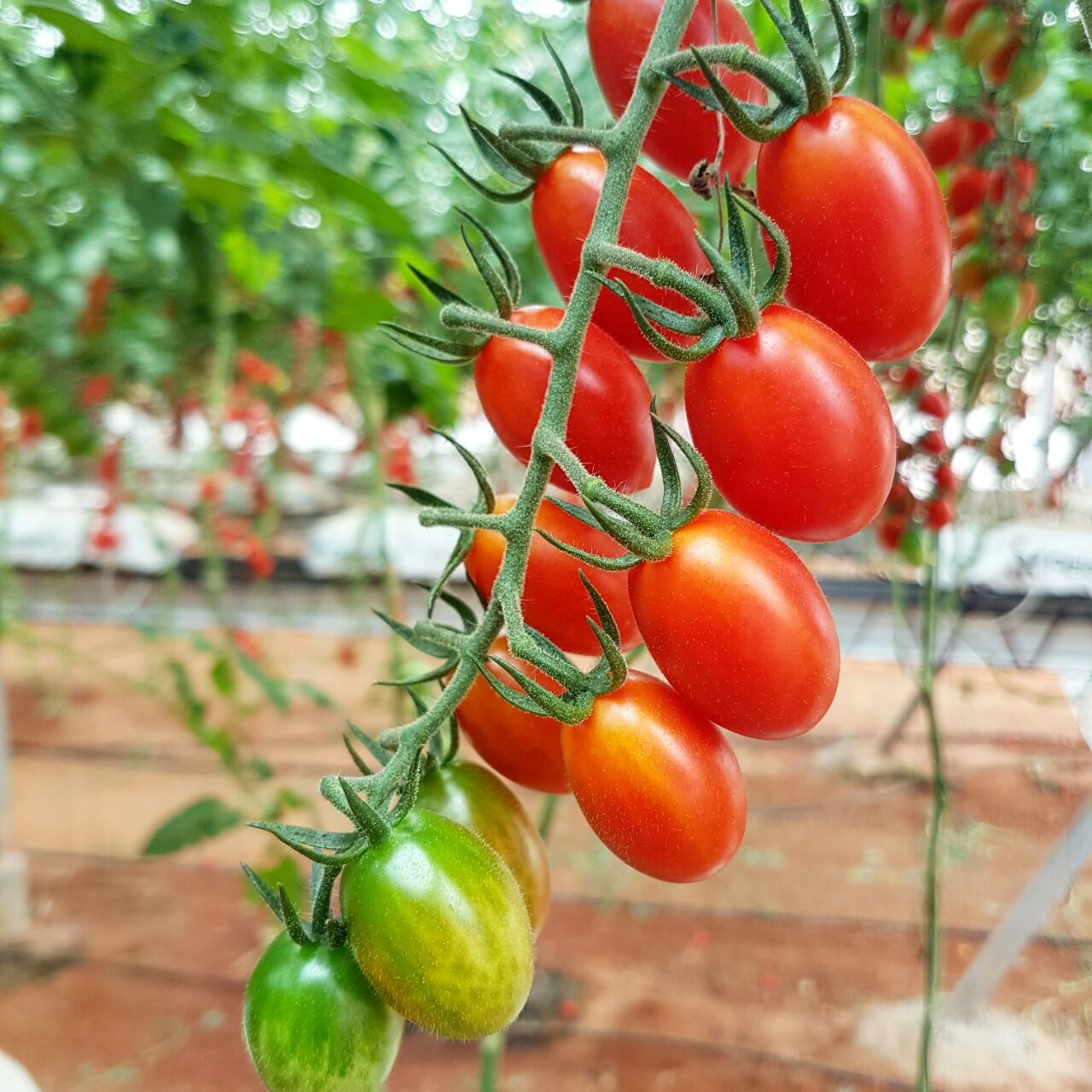Indeed, the political relationship between Serbia and Spain is excellent, there is very good collaboration in various areas and there are no disputes, politically it is great. This harmony is also felt among the people of both countries. But now it is the time for the strengthening of the economic side, according to Javier Álvarez, Head Counselor at the Economic and Commercial office, Embassy of Spain in Serbia and in Montenegro.

-
Spain and Serbia politically have very good cooperation and progress, but economic cooperation is below the desired level. Spain has a lot of influence in Eastern Europe, but after the crisis is not present enough like Germany or Italy. What can be done to improve it and reach the potential?
It is true that the bilateral relationship is excellent. Since I arrived in Serbia last summer I have perceived the sympathy that Spain arouses among the Serbs, whether because of the tourist interest, political reasons or the sport. In this context, the economic relationship is not corresponding. There are reasons to be optimistic: in recent years more Spanish companies have been established in Serbia and we know that Spanish investment will go further in the coming years. Our bilateral trade has also been growing steadily, reaching 410 million euros in 2017,. It is 7% higher than last year. Several Spanish companies are successfully developing infrastructure projects in Serbia. Spanish companies have not considered this market seriously until very recently, partly due to lack of knowledge and partly because of its traditional orientation towards other markets, such as Latin America or the European Union Therefore, we constantly disseminate general information on the economy and the Serbian market, specific information on sectors of interest, we provide tailored services , we manage official financing for export and investment and we develop some institutional activities of promotion. We plan to organize a Business Meeting in Belgrade at the end of October, accentuating the sectors such as transport infrastructure, energy, water and waste management, automotive industry, textiles and clothing, agro-food, etc.
- Spain is one of the most important guests of the Agriculture Fair in Novi Sad this year. What does the Spanish delegation prepare for us?
Spain is the greatest producer of olives in the world, leader in wine exports, second in pork production and dominates ineco-agriculture in the EU, but we’ve noticed that people in Serbia do not have enough knowledge of that. 3 years ago, when we decided to participate in the Agriculture Fair, we thought it would be interesting for the Serbian farmers to learn about the Spanish experience. And it seems that we were right with this bet, because the increase of interest in the Spanish product, both agricultural and agricultural technology, is growing. Also, last year the cooperatives and the Spanish organization of the same, as well as the organization of wholesale markets aroused much interest in Serbia. This year we will continue with the effort to present innovations in the agricultural chemistry sector (Tradecorp), irrigation systems (CAUDAL and RKD), agricultural machinery (AGRATOR and JYMPA) and greenhouses (IMA) in the Spanish pavilion. Some companies will be present with their local importers (RKD, TRADECORP and JYMPA) while others are interested in finding a distributor.
-
Innovations in agriculture are very important, and Spain is one of the leaders in this area. Can you explain what was done?
Spain has had to overcome certain climatic and geographical deficiencies (drought, arid land, especially in the southern areas and has managed to do so thanks to a good agricultural policy and water management. Thus, some of the poorest areas have been converted into economically and socially advanced areas. Spain has decreased the use of water for irrigation by 10% since 2000. Also, the term “Plastic sea” is well known for the area of Almería that has the highest concentration of greenhouses in Spain and one of the largest in the world… But let’s not forget that there is also a Green Spain in the north with meat and milk production, vegetables, etc. The figures of our export of agricultural technology to Serbia show a constant growth in the last four years (12% in 2017).
FROM FRANCO TO EU LEADERSHIP
What can Serbia adopt from the Spanish experience in economics and economic transformation, because after Franco, Spain changed with a phenomenal step?
Spain has experienced an extraordinary change in the last four decades. The Pacts of La Moncloa of 1977 served to put all the political forces in agreement on the need to liberalize and modernize the Spanish economy and accession to the EU in 1986, then Single Market and Euro Zone, has been decisive in the continuation of that trend. Today, after having overcome a severe economic crisis, Spain has returned to the path of economic growth, with three consecutive years showing GDP growth rates of over 3%, which places it as one of the first the euro zone. This will certainly boost the Spanish investments abroad, Serbia included!
